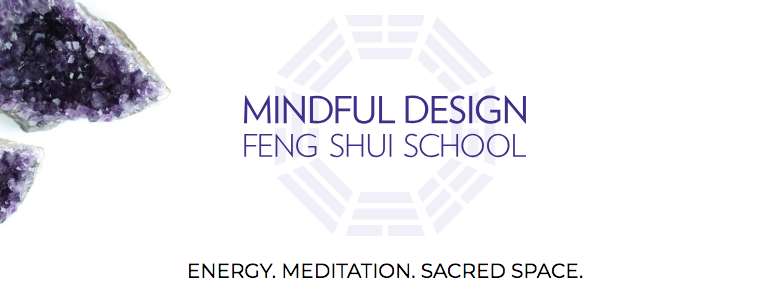Anjie Cho was featured on Apartment Therapy
A lot of good things came out of the 2010s, but there are some things we’re eager to leave behind when it comes to design—specifically when it comes to the kitchen. If you’ve decided 2020 is the year you’ll finally redo your cook space, make sure it fits the new decade. We talked with New York-based designer and architect Anjie Cho to identify six kitchen design rules that you don’t need to feel obligated to follow anymore, just as these forward-thinking homeowners already did in these inspirational kitchens.
The Work Triangle
The work triangle (aka the idea that your sink, refrigerator, and stove should be spaced equilaterally apart) has long been held as the gold standard of efficient kitchen layouts, but it’s not always possible—or necessary. In small spaces, Cho says you should worry less about achieving that perfect cooktop-sink-refrigerator configuration and more on maximizing your work surfaces in general. Everything in a small kitchen is already pretty close together as it is, so focus on what you can do to make your room feel bigger.
Opt for some open-front cabinets rather than the expensive custom ones packed with drawers and dividers, which might seem like they increase space, but actually ultimately limit the flexibility of your storage, according to Cho. Feel free to skip the pull-out trash can, too.
“Pull-out trash cans take up lots of room, and you can use the area under your sink for so much more.” A small trash can strategically placed in a corner or next to your island actually forces you to take the trash out more often, which will keep the kitchen smelling better. And don’t choose a huge apron-front sink just for the sake of having it. “Lots of people make sinks too large, which takes up precious counter space,” Cho says.
…read full article
If you’d like to learn more about feng shui check out the Mindful Design Feng Shui certification program. Laura Morris and I launched our program in September 2018. To get on the list about it, sign up at: www.mindfuldesignschool.com.
Dive deeper into feng shui to transform your life!
Mindful Design is a new way to learn feng shui. Create sacred spaces that support, and nourish.
Visit us at mindfuldesignschool.com


